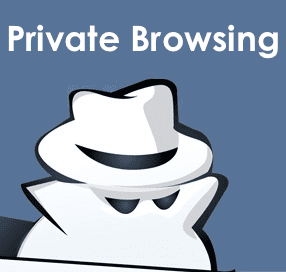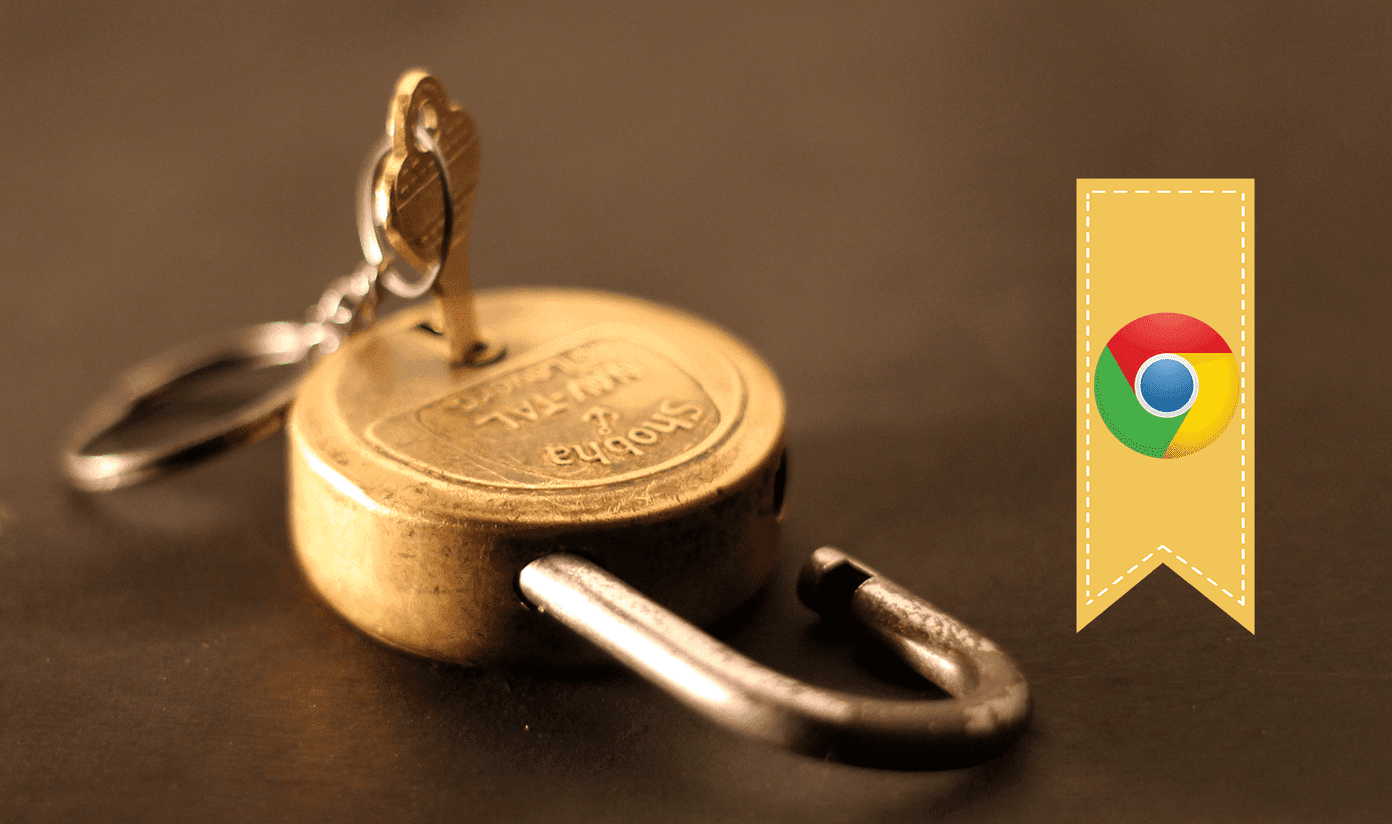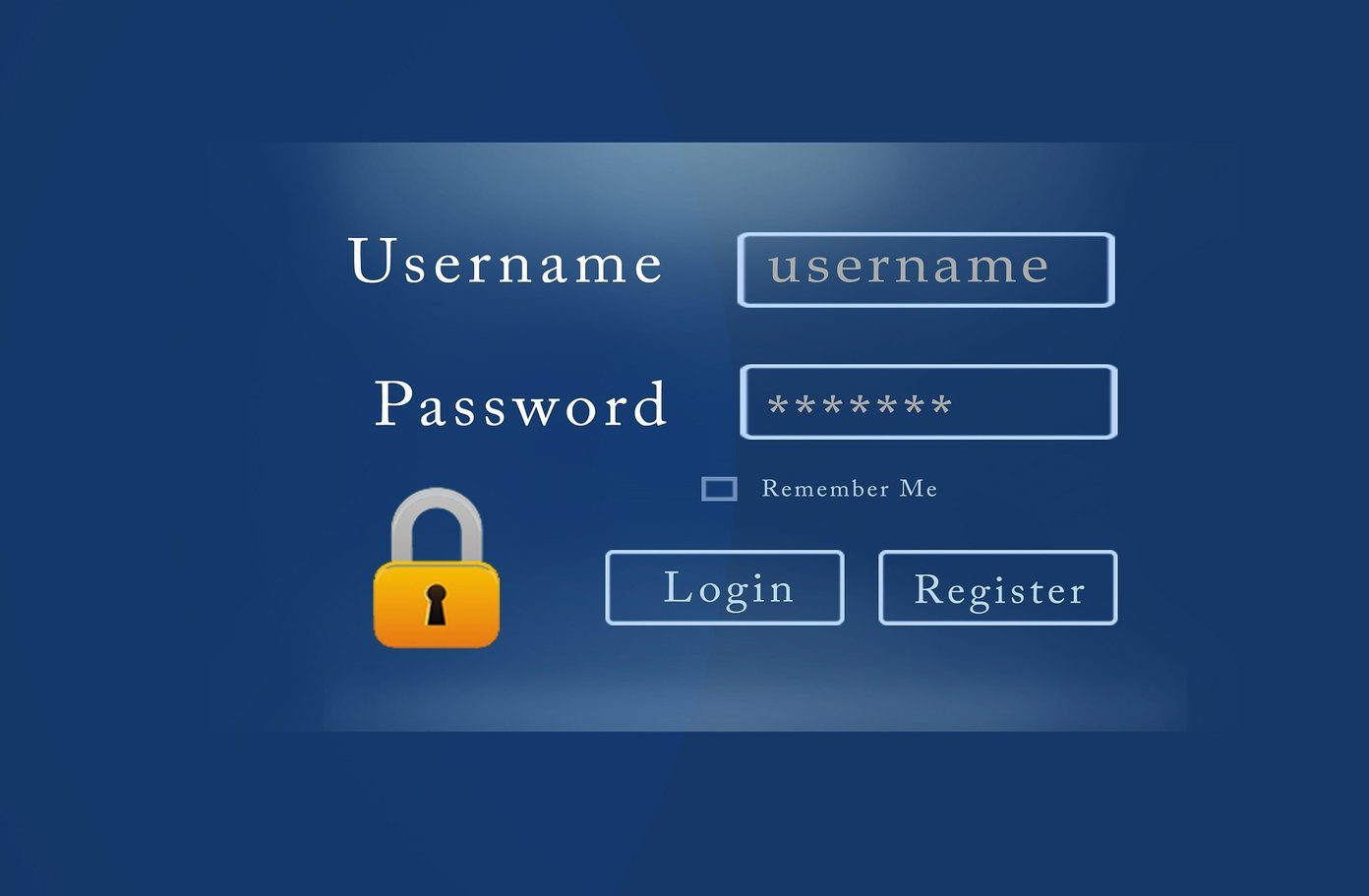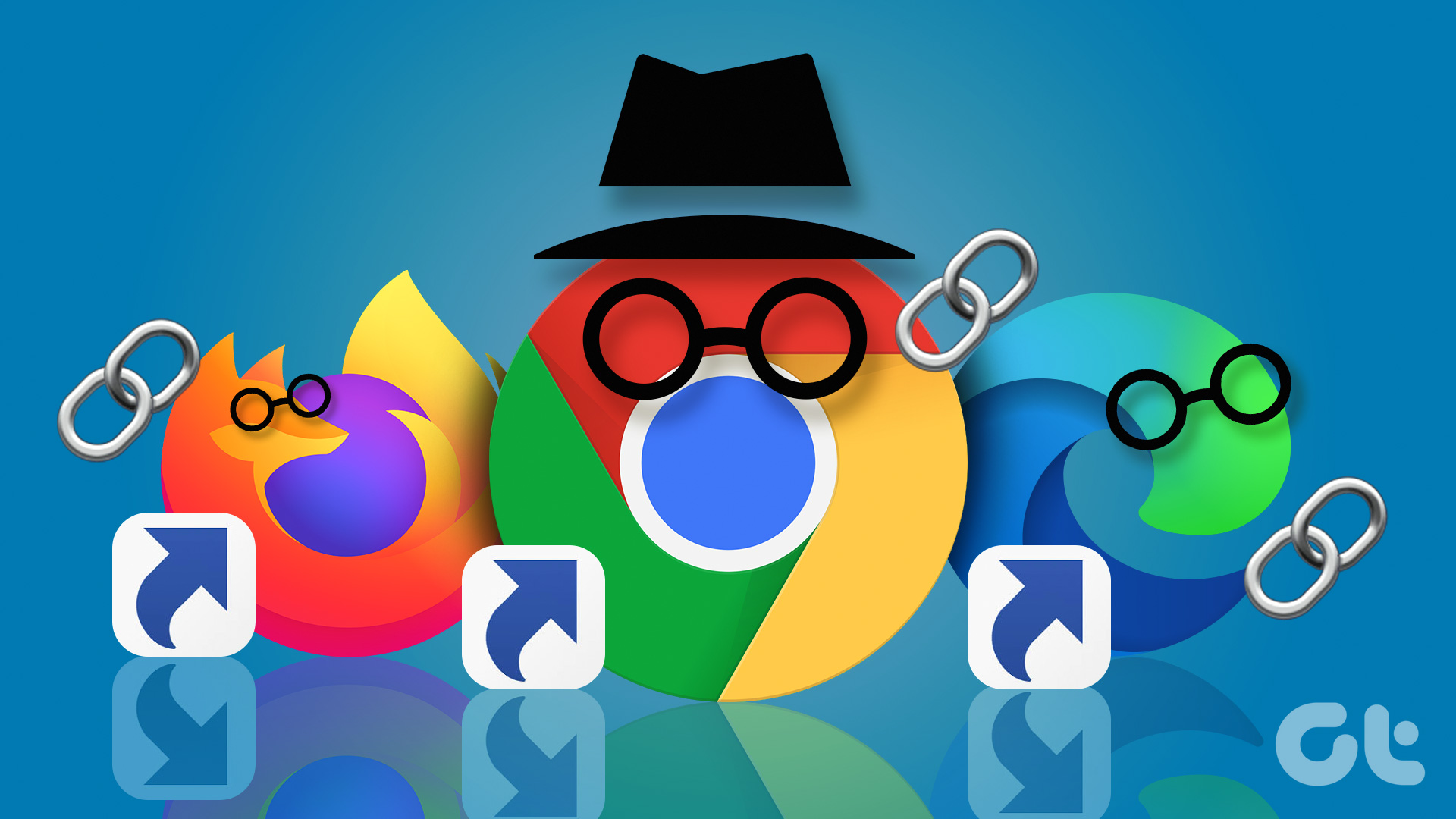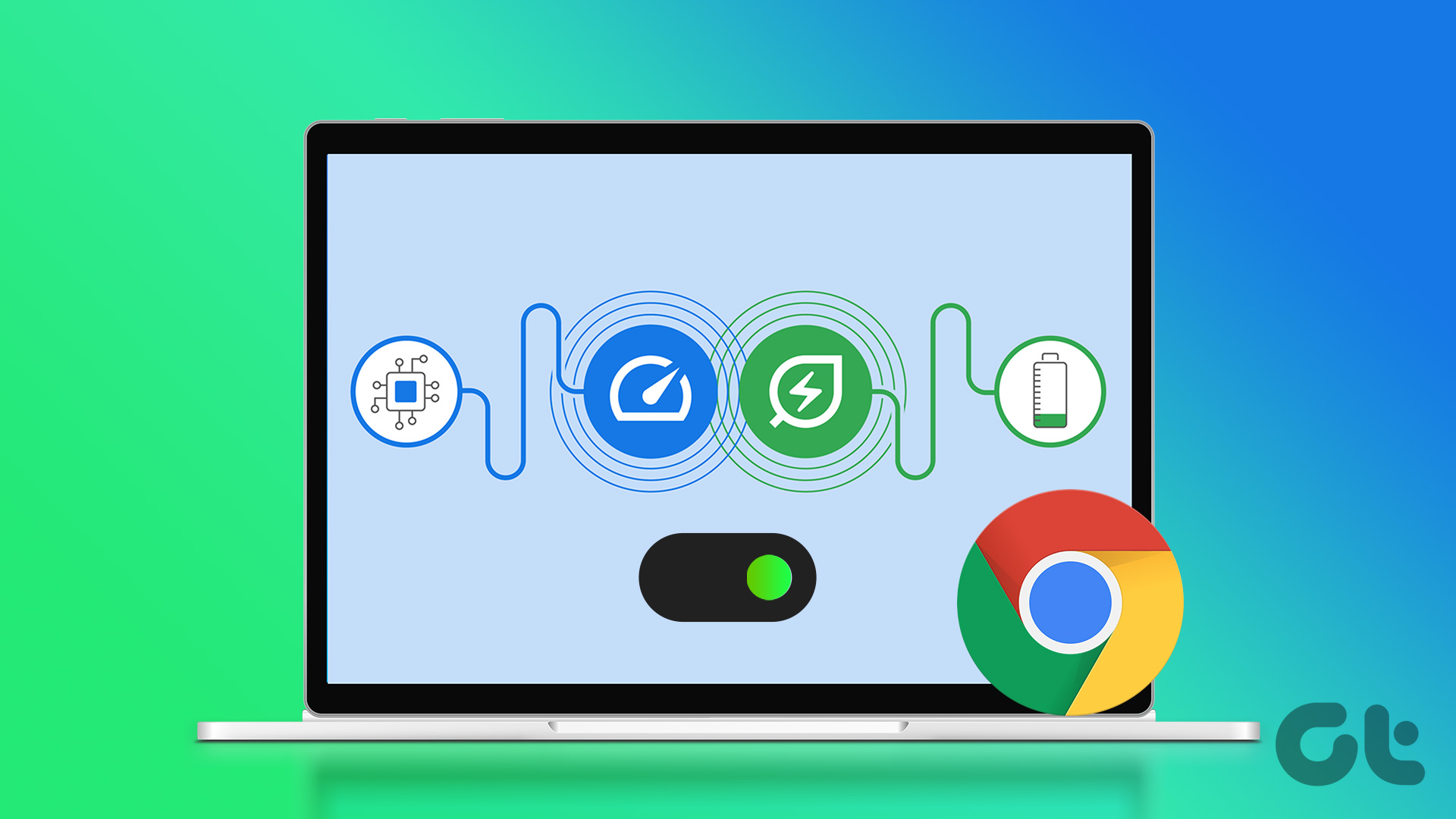Incognito mode gets a bad rep. Some say it’s only used to hide “indecent” behavior. But there are legitimate uses for it. What is incognito mode? Just how “private” is it? Why even use it? And is there anything better to keep your affairs private on the internet? All of your questions will be answered below.
1. It’s Not Really Private
Well, nothing really is private these days but if you’re thinking that switching to incognito mode is going to magically cloak your internet behavior, you’re wrong. When you switch to the incognito tab, Chrome itself tells you, “Going incognito doesn’t hide your browsing from your employer, your internet service provider, or the websites you visit.” Yup. Your internet service provider still has a list of all the websites you visited. The website you’re viewing might also keep a record of your stay. And as Chrome used to say, your browsing habits are never quite protected from the person standing right behind you.
2. It Won’t Save You From Secret Agents
Before the NSA revelations and the incognito page redesign, Chrome had a funny line in there. Thanks to Dailykos we can all enjoy it. Listed under Be wary of was Surveillance by secret agents. That little joke turned out to be a little too true and was consequently removed from the redesign. The point I’m trying to make is that when it comes to privacy, incognito mode is certainly not what you should be relying upon.
3. Incognito Mode: What Is It Good For?
The point of incognito mode is not to hide your identity from the rest of the world, it’s to hide your interactions with the internet from the PC you’re using (and the Google account you’re logged into). Cool Tip: If you’re letting a friend check their email or log into Facebook on your personal computer, have them do it in a new incognito window (Ctrl+Shift+N). This way, it’s like they’re using an entirely different browser – which means they’ll log into their accounts without having to log you out first. Everybody wins. They can use your computer without having all of their user information saved in your cookies, and you don’t have to relog into all of your sites. When you use incognito mode, Chrome doesn’t record any history or cookies, and it disables browser extensions. This means that third party services like Facebook, Google, etc that use cookies to track your movement across the internet to serve you better ads won’t follow you to the incognito tab. Due to these reasons, incognito mode is generally safer when making banking transactions or having conversations you don’t want to be recorded on your PC. If you use Gmail, Google Search and an Android phone, you know just how obsessive Google’s tracking is. Google Now on your phone will follow up on something you searched for on a computer that one time. Incognito mode prevents such encounters.
4. Is There A Way To Truly Be Private On The Internet?
VPN Maybe
Maybe not “truly” (ahem, secret agents), but we can surely try. Using VPN is usually the easiest and most effective way. A VPN masks physical location and IP address. So the website you’re visiting doesn’t really know who or where you are. Chrome has two good VPN extensions called ZenMate and Hola. I’ve written about security based extensions on Chrome in detail before. For Windows and mobile devices, Hotspot Shield and TunnelBear are great VPN services. But if you really do not want to take any chances when it comes to privacy, you can check out VPN services like NordVPN and ExpressVPN (sign up using this link and save 49% on a yearly ExpressVPN plan.)
Use Tor Instead of Chrome
Chrome is built by Google. It is arguably the fastest and most feature rich browser out there. But Google makes money by serving you ads based on your personal information. By using anything from Google you’re essentially giving up your privacy. To a lot of people, that’s worth the convenience. If you really want to say no to Chrome, try Tor as your browser. It’s an open source browser that’s designed from the ground up to hide the identity of the user. It works similar to VPN software but on a browser level.
What Do You Use The Incognito Mode For?
Let us know what you use incognito mode for in the comments below, but please, don’t be indecent! Top image via Normand Desjardins The above article may contain affiliate links which help support Guiding Tech. However, it does not affect our editorial integrity. The content remains unbiased and authentic.







